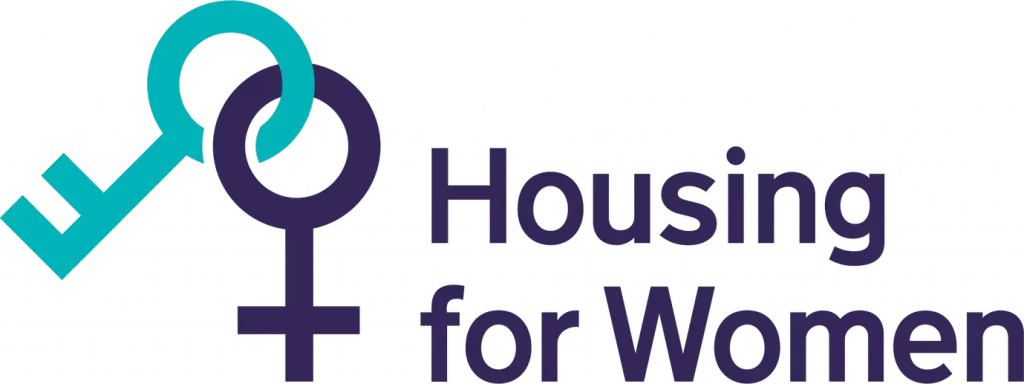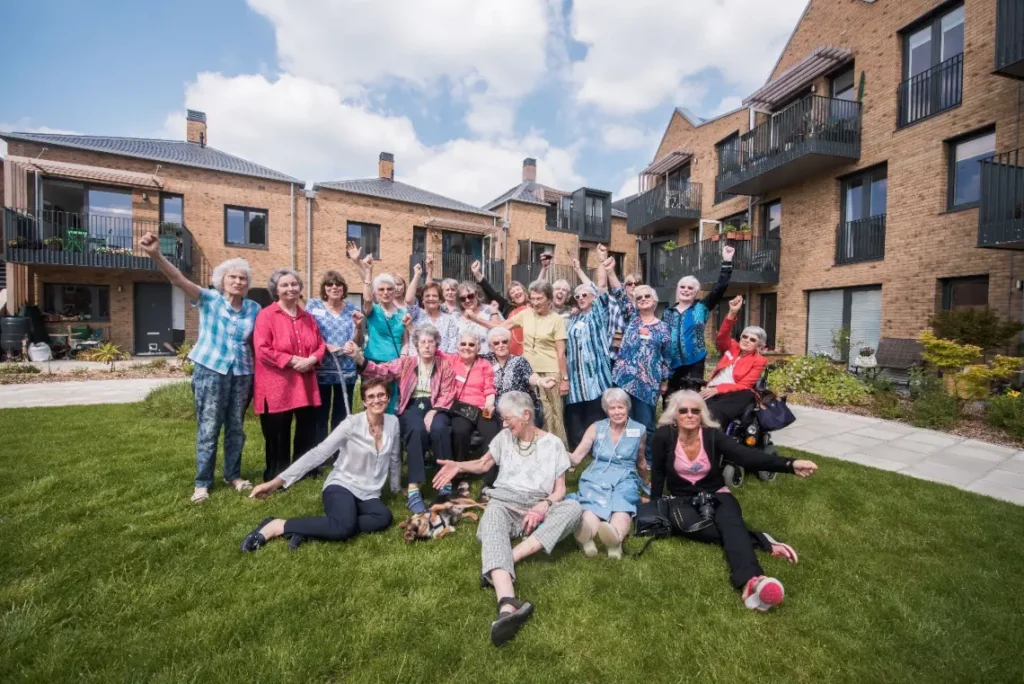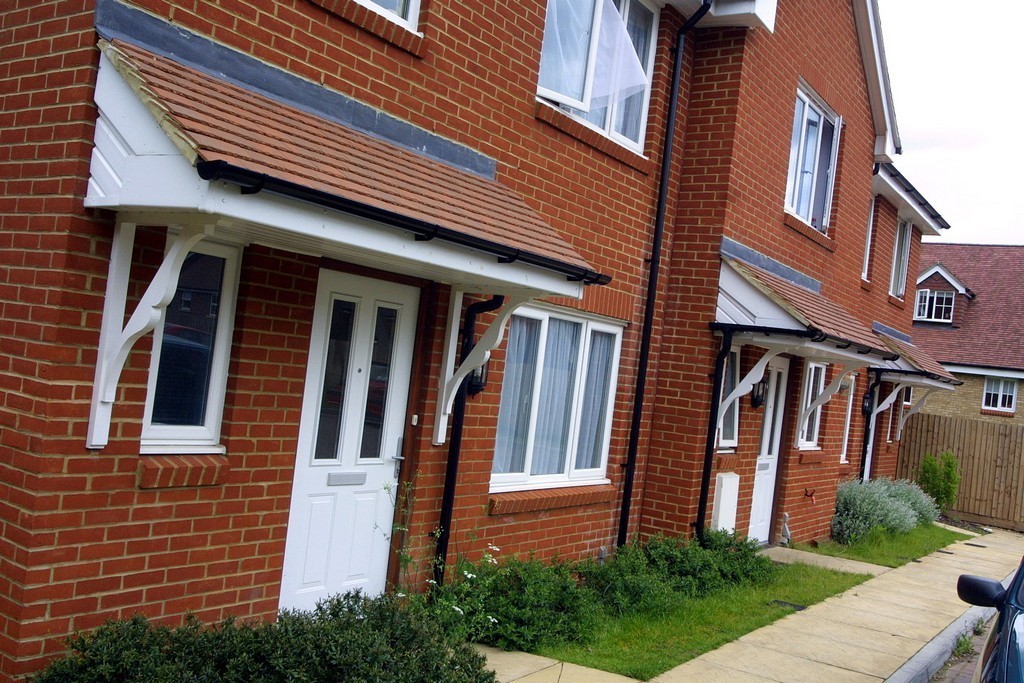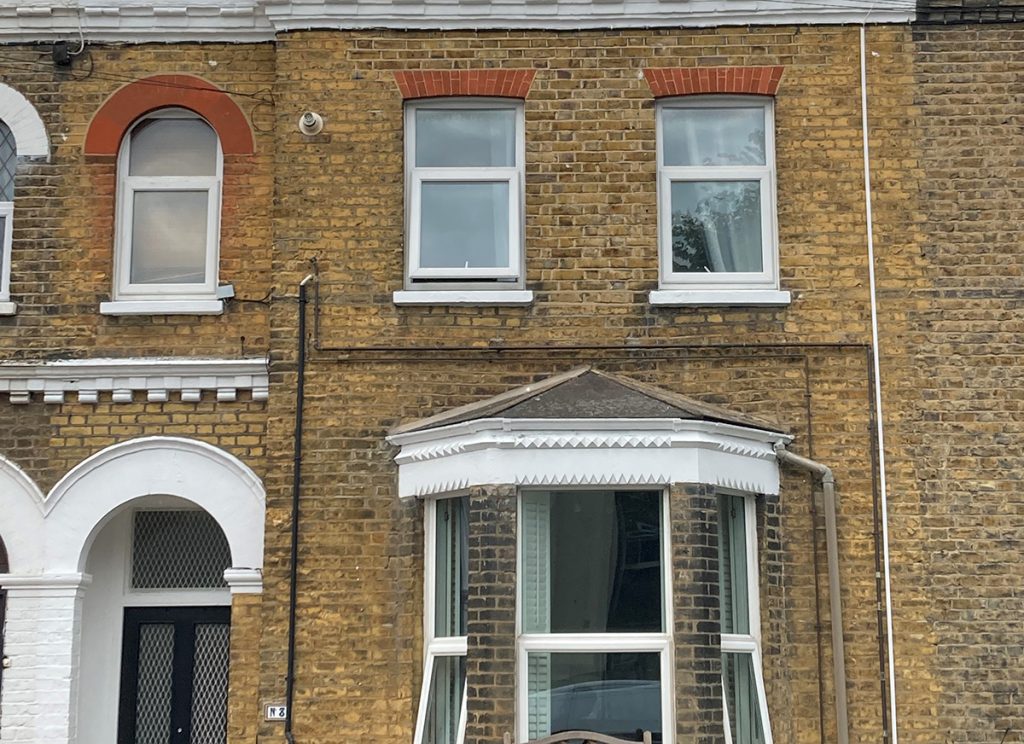Empowering Women Through Safe and Supported Housing

Finding safe and supportive housing can be a lifeline for women facing challenging circumstances, offering a stable environment where they can rebuild their lives with dignity. Supported housing specifically designed for women provides not just a roof over their heads but a holistic approach to healing, growth, and independence. From survivors of domestic violence to those facing homelessness, mental health struggles, or financial instability, these spaces offer tailored support that meets their unique needs.
Why Supported Housing for Women Matters

Why Supported Housing for Women Matters
Women-only supported housing addresses critical gaps in traditional housing services, offering a safe haven where women can feel secure, understood, and empowered. Many women entering these accommodations have experienced trauma, discrimination, or marginalization, making the need for a compassionate and focused approach even more essential. Here, residents are provided with more than just a place to stay; they receive access to a range of services including counseling, healthcare, skill-building programs, and employment support, all designed to foster self-sufficiency and confidence.
Creating a Community of Empowerment and Support
The environment in women-only supported housing is built on a foundation of community and mutual respect. Residents are encouraged to connect with one another, share their experiences, and build supportive relationships that ease the journey toward recovery. Staff members, often trained in trauma-informed care, play a crucial role by offering personalized assistance, creating a non-judgmental space where women feel heard and valued. This community-focused approach helps to reduce feelings of isolation and builds a sense of belonging that is vital for long-term stability and personal growth.

Tailored Services for Lasting Change
What sets women-only supported housing apart is its dedication to addressing the specific challenges faced by women. Programs are often designed to support survivors of domestic abuse, helping them to overcome the emotional and psychological scars left behind. For women battling mental health issues or recovering from substance misuse, these homes offer specialized care plans that include therapy, medical support, and wellness activities aimed at restoring balance and well-being.
Moreover, many supported housing providers work closely with local authorities, charities, and community organizations to offer additional resources such as childcare, legal advice, and financial education. This comprehensive approach ensures that each woman receives the right support at the right time, empowering her to take control of her future.
A Step Towards Independence
One of the core goals of women-only supported housing is to guide residents toward independence. Through structured programs that build essential life skills—such as budgeting, cooking, and job searching—women are equipped with the tools they need to transition into permanent housing and stable employment. The emphasis on personal development helps women rediscover their strengths and potential, setting them on a path to a brighter, more self-reliant future.

How We Can Support Women in Need
Supporting women-only housing initiatives is not just about providing a safe space—it’s about investing in the potential of women to overcome adversity and thrive. Whether through volunteering, donating, or simply raising awareness, there are many ways to contribute to these vital programs. Every effort helps to create a more inclusive and compassionate society where all women have the opportunity to live free from fear and hardship.
Women-only supported housing is more than just a place to live; it is a beacon of hope for those in need. It offers a unique combination of safety, community, and empowerment, providing women with the support they need to rebuild their lives. By championing these essential services, we can ensure that every woman has the opportunity to live in a safe, nurturing environment where she is respected, supported, and inspired to achieve her full potential.